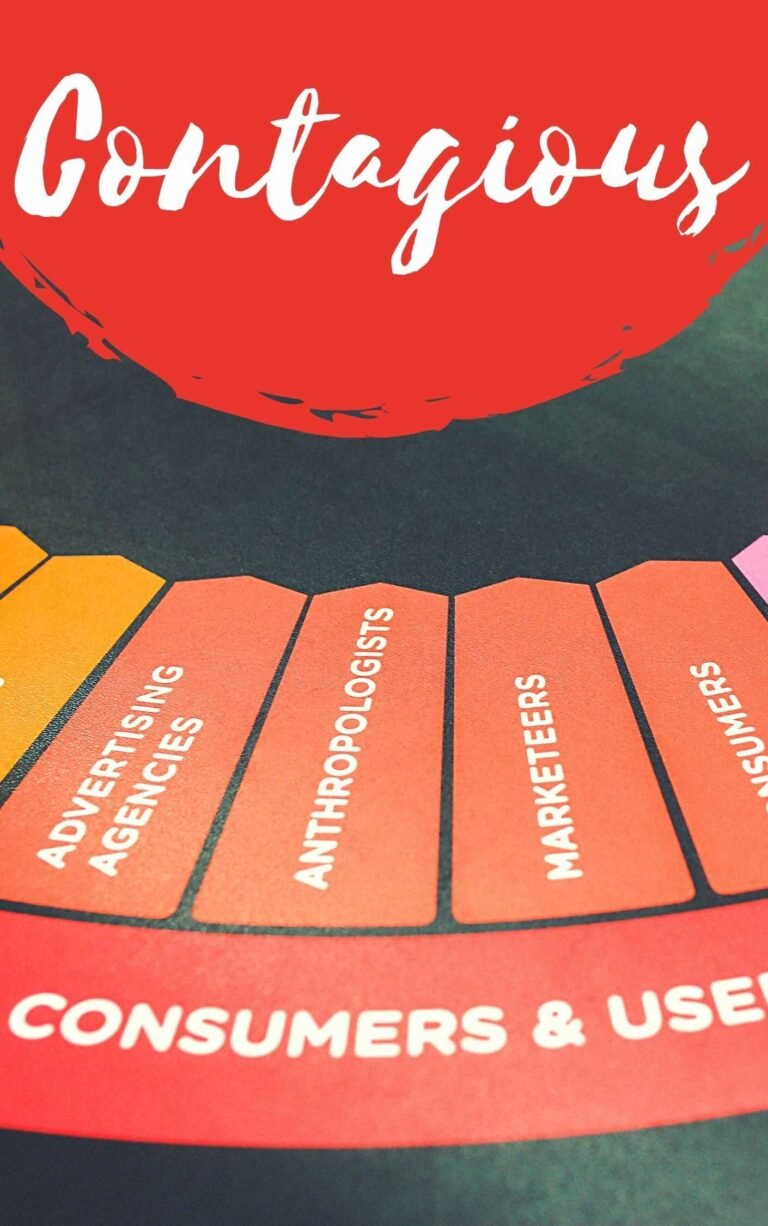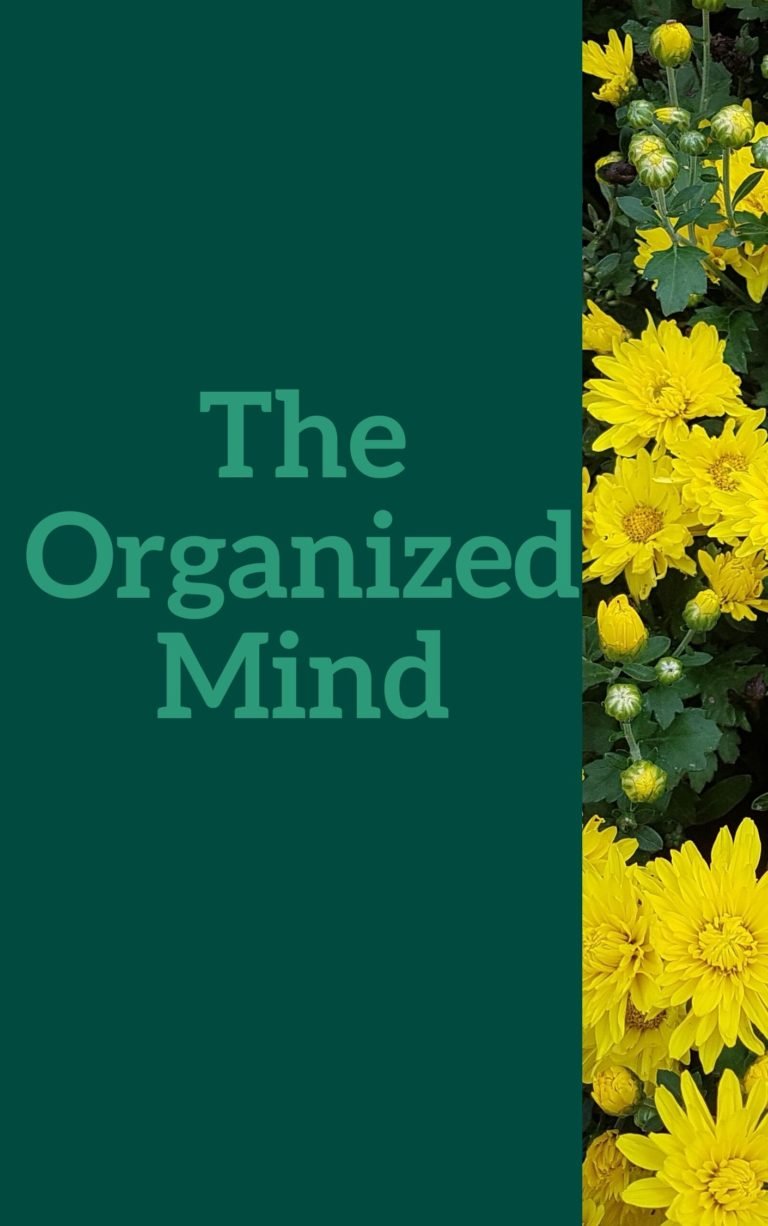Why Zebras Don’t Get Ulcers
Robert Sapolsky
Rating: 8.4
“Sapolsky succeeds in interpreting technical material in a way that leaves readers with an understanding of how the same physiological responses, so well suited for dealing with short-term physical emergencies, can turn into potential disasters when chronically provoked for psychological or other reasons….The author has a way with words and images….you’ll find plenty to intrigue you.”
–The Washington Post
Contents
Lions and Tigers and Zebras, Oh My!
A zebra on an African savanna lives a less complicated life than the average urban-dwelling human – but it is in far more danger. A zebra, indeed, all savanna animals, must routinely contend with severe, acutely physical crises. While grazing, resting or just ambling along, a zebra must be ready to race away in a split second if a large predator, such as a lion or tiger, suddenly appears. Similarly, a lion must be instantly ready to stalk and pursue the zebra. Otherwise, the predator can’t eat. Physically challenging activities like racing away from predators or attacking prey are hugely stressful.
“There has been a revolution in medicine…It involves recognizing the interactions between the body and the mind.”
Today, most people do not have to deal with lions. Instead, they face daily psychological or social disruptions: worrying about taxes, getting along with relatives, feeling inadequate, being overlooked for promotion, fretting about feeling ill and a million other things. Such worries represent severe, sustained psychological stress.
“Stress-related disease emerges [because] we so often activate a physiological system that has evolved for responding to acute physical emergencies, but we turn it on for months on end.”
Return briefly to that sweltering savanna, home of the alert zebra and the hungry lion. Both animals possess “physiological response mechanisms” that are perfectly adapted to deal with their immediate physical emergencies: for the zebra, racing away from the lion, and for the lion, capturing the zebra. Such stress-response mechanisms enable animals to deal with short-term, highly stressful physical crises.
“Sustained or repeated stress can disrupt our bodies in seemingly endless ways.”
Once the chase is over, however, the animals’ stress-response mechanisms relax (if the zebra survives). The stress-responses have done their jobs, and everything goes back to normal. The animals’ bodies return to homeostasis, a default condition where physiological traits such as oxygen level, temperature and acidity quickly stabilize. For the zebra, the lion and the other creatures, once a physical crisis passes, all bodily systems quickly return to default homeostatic “settings.” The stress-response did its job, the crisis is over and things can quickly revert to the way they were.
“What goes on in your head can affect how well your immune system functions.”
All animals, including humans, possess this stress-response mechanism. Most people no longer need to outrun lions, but this same stress-response mechanism unfortunately kicks in when people feel psychologically stressed and it can remain active indefinitely in people who feel chronically stressed. This can cause immense physical damage, and can lead to major stress-related medical problems and diseases.
How Your Body Adapts to Psychological Stressors
Simple worry can trigger an instant stress response. The primary purpose of this mechanism, also known as the “fight or flight syndrome,” is to deliver vast amounts of energy to the muscles for fighting or running. (Interestingly, a different response mechanism can trigger a separate “tend and befriend” response in women.) When the stress response kicks in, glucose, simple proteins and fats pour out of the liver and fat cells, and also come from certain muscles, to supply quick energy to the specific muscles that will keep you alive, for example, leg muscles to run from danger. At the same time, your breathing rate, heart rate and blood pressure increase to send oxygen and nutrients at an accelerated rate throughout your body. Digestion is not necessary in a physical emergency, so it immediately shuts down, as do growth and reproductive functions. Thus, when the stress-response mechanism kicks in chronically, men find it difficult to maintain erections, women ovulate less frequently, immunity is inhibited and the “perception of pain is blunted.”
“Our current patterns of disease would be unrecognizable to our great-grandparents…We are now living well enough and long enough to slowly fall apart.”
The stress-response mechanism does a superb job of helping an animal in a short-term physical crisis. But the story is much different for humans. The radical physiological changes provoked by the stress-response mechanism over a sustained period of chronic psychological stress can be incredibly damaging. For example, mobilizing vast reserves of energy during a nonphysical crisis depletes needed vigor, resulting in chronic fatigue. Elevated blood pressure is great when you’re fleeing a hungry tiger, but having your blood pressure soar every time you look at your kid’s messy bedroom or sit in traffic fretting about being late to a meeting is worse than useless.
“Many of the damaging disease of slow accumulation can be either caused or made far worse by stress.”
Chronic stress is a likely path to eventual cardiovascular disease. Chronically stressed children can experience suppressed growth. Women’s menstrual cycles can swing wildly out of whack. Hormones secreted during stress can harm the brain. Constant stress increases your chances of becoming ill, including with infectious diseases, since the stress-response inhibits immunity. It is at the root of many “stress”-related diseases.
Hormones and Their Relationship to Stress-Response
The autonomic nervous system is directly involved with stress-response. It includes the sympathetic nervous system, which originates in the brain and travels through the spinal column to every part of the body. It mediates the “four F’s of behavior – flight, fight, fright and sex.” Stress makes this system release hormones, including adrenaline (also called epinephrine) and norepinephrine. Stress also releases glucocorticoids (steroid hormones) and glucagons, a hormone from the pancreas. These “chemical messengers” activate your organs during stress. The autonomic nervous system also includes the parasympathetic nervous system, which mediates calmness, “everything but the four F’s.”
“Zebras and lions may see trouble coming in the next minute and mobilize a stress-response…but they can’t get stressed about events far in the future.”
The brain is the “master gland” that mobilizes all activities during stress. When the brain experiences a stressor (worrying about taxes, getting yelled at), it quickly activates the stress-response mechanism, flooding the body with hormones, the “workhorses” of your stress-response mechanism, and raising your body’s glucose levels. The stress-response also inhibits other hormones, such as testosterone, estrogen and progesterone.
“If you’re running 26 miles in a day, you’re either very intent on eating someone or someone’s very intent on eating you.”
The immediate release of stress-fighting hormones to react to sudden danger can save your life, but the routine release of such powerful hormones over an extended period is incredibly harmful. Long-term stress-response is uniformly destructive. It wrecks your metabolism, bursts blood cells, and elevates blood pressure and heart rate. It can cause atherosclerosis, diabetes, metabolic syndrome and hypertension. It increases the risk of gastrointestinal disorders and ulcers, which, by the way, are not a danger to zebras because their stress is periodic, not chronic. The lion comes: big stress; the lion goes: no stress. In human beings, chronic stress can affect memory and damage the brain, ruin your sleep and accelerate aging. It is often a factor in depression. The list goes on and on. (However, scientists have not yet established a firm link between cancer and stress.)
Treating Stress
Stress affects different people different ways, and so do stress relief methods. Experts offer many possible stress reduction solutions, and recommend maintaining your “cognitive flexibility” and perhaps trying various approaches to see if you are better served by changing the stressor or by adjusting how you perceive it.
“Everything bad in human health now is not caused by stress, nor is it in our power to cure ourselves of all our worst medical nightmares merely by reducing stress and thinking healthy thoughts…Would that it were so. And shame on those who would profit from selling this view.”
Should you concentrate on gaining control of your emotions or consider joining a club to gain social support? Your choices depend on your personality and circumstances, as well as the type of stressors you experience. You could adopt one coping strategy today and another one tomorrow. Just trying something new is often the best strategy. Change can be energizing and often extremely healthful. Different tactics you can test to try to ease the harmful effects of chronic psychological stress, include:
- Exercise – Improving your physical conditioning often significantly reduces stress. Exercise elevates mood, lowers resting heart rate and blood pressure, and increases lung capacity. Regular exercise lowers the risk of cardiovascular and metabolic diseases, or makes it less likely that stress will exacerbate them.
- Socialization – People who socialize often are less stressed than loners. But choose your pals wisely. Even a little time with cantankerous people can be very stressful.
- Control – When nursing-home residents exercise more control over their own affairs, they become happier and more content. Hospital patients who are able to self-administer their painkillers also experience less stress. Whenever possible, gain control of as many aspects of your life as possible, but don’t waste your time with recriminations about past events or with efforts to control what may transpire in the uncontrollable future.
- Predictability – Though the future is unknowable, you will feel calmer if you do know how and when something will occur than if you don’t. Thus, it often is helpful to establish predictability when possible. On the other hand, sometimes knowing too much about coming events can also become stressful.
- Meditation – Glucocorticoid levels and blood pressure drop during meditation, but it isn’t clear whether these salutary effects remain after the meditative experience.
- The “80/20 rule” – The initial 20% of your efforts will reduce 80% of your stress. As any mental health professional will tell you, getting a person to do something about emotional problems – even just scheduling an appointment to discuss things with a therapist – often makes all the difference. Thus it is productive to take action of some kind to reduce stress. Instituting an immediate change is the best way to relieve stress quickly. Do something to change your life. Take action now.
- Denial – When life deals you a truly catastrophic hand, something that is far beyond prevention, control and healing, denial often proves to be the best coping strategy. In the face of utter disaster, never give up hope that things can improve. This may sound utterly naive and optimistic, but such a positive attitude will help you minimize stress.
- Find an “outlet for your frustrations” – Maybe it’s swimming. Maybe it’s smashing up ratty furniture in the backyard with a sledgehammer. Maybe it’s singing a song at the top of your lungs. Whatever it is, do it regularly if it helps.
- Repetition of stressful events – Ironically, the more often you do something stressful, the less stressful it can become. Studies of Norwegian soldiers show that their epinephrine and glucocorticoid levels are extremely high for hours before and after their first few parachute jumps. But after a large number of jumps, their hormone secretion patterns return to normal – except when they actually leap out of the plane.
- Psychotherapy – Professional help can change your behavior and the way you handle stress, as well as altering your cholesterol profile and other health indicators.
In the Absence of Magic Cures, Try for Serenity
Unfortunately, a magic pill for stress management does not exist. You may gain maximum control and predictability, become a social leader, and engage in numerous stress-fighting activities, and yet continue to suffer stress. Stress affects everyone differently, and how it hits you may have as much to do with your prenatal biology and other noncontrollable factors as with the positive steps you take.
“Hope for the best and let that dominate most of your emotions, but at the same time let one small piece of you prepare for the worst.”
Many believe that spirituality and religion greatly alleviate stress and improve health. While extensive literature exists on this subject, the jury is still out regarding the salutary effects of religion and spirituality on stress. Strive to maintain a default position of “energized calm” when stressors occur. While such a mental state may be hard to achieve during psychological stress, this idealized goal offers real benefits.
“When something good happens, you want to believe that this outcome arose from your efforts, and has broad, long-lasting implications for you.”
How can you achieve such admirable serenity? Christian theologian Reinhold Niebuhr suggests one path with this immortal prayer: “God grant me the serenity to accept the things I cannot change, the courage to change the things I can and the wisdom to know the difference.” The Quakers offer a profound, old-time saying: “In the face of strong winds, let me be a blade of grass. In the face of strong walls, let me be a gale of wind.” With psychological stress, sometimes your task may be to blow down a wall. Other times, it may be to bend in a strong wind without breaking. Wisdom means knowing when to be the gale and when to be the blade of grass.
“When the outcome is bad, you want to believe that it was due to something out of your control, and is just a transient event with very local, limited implications.”
Here’s something far more prosaic: Did your grandparents tell you to stop worrying so much? Or did your Mom? Such advice may sound banal and trivial, but scientists have reduced the chances that lab rats will get sick by making them perceive their reality in a positive way. Indeed, experts who study stress believe that your body’s “physiology is often no more decisive than [its] psychology.” Maintaining a positive, optimistic attitude in the face of trouble and stress can make all the difference. Think of the zebra; the lion will come when and if it comes and, until then, you might as well graze.







Very well written. Thank you for such beautiful summary